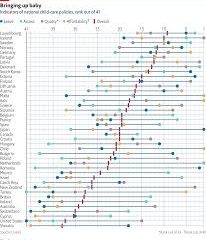The Importance of ‘101’ in Various Contexts

Introduction
The number ‘101’ holds significance in various contexts, from education to emergency services. Understanding its implications can enhance readiness and appreciation in diverse environments. Whether it’s a reference in educational settings or its role as an emergency contact number, ‘101’ is more than just a number; it is a symbol of fundamental knowledge and safety.
‘101’ in Education
In educational structuring, ‘101’ frequently refers to introductory courses for beginners across numerous disciplines. Commonly adopted in university course catalogues, a ‘101’ class signifies the foundational aspects of a subject. For instance, ‘Biology 101’ implies the course introduces students to core biological concepts, laying the groundwork for advanced study.
Emergency Services and Public Safety
Further extending its relevance, ‘101’ serves as a non-emergency number across the United Kingdom that citizens can call to access a range of services offered by local police. This includes reporting minor crimes, seeking advice, or gathering information, thus, enhancing community engagement and public safety. Established in 2013, its purpose is to divert non-urgent inquiries away from the main emergency number ‘999’, thereby enabling emergency services to allocate their resources more efficiently.
Broader Cultural References
In a cultural context, ‘101’ has become synonymous with basic or fundamental knowledge in a variety of subjects. Book titles and articles often use ‘101’ to indicate introductory guides on topics ranging from cooking to finance, suggesting that the content provided will be accessible to the reader, thereby appealing to those seeking straightforward insights.
Conclusion
Overall, ‘101’ is a multifaceted term that represents introductory knowledge in education and serves as an important contact point in emergency services. Its versatility in application underscores a collective understanding of what is essential across various sectors. As society continues to evolve, the role of simplified access to knowledge and services remains critical, making ‘101’ a cornerstone in fostering learning and safety in communities.









